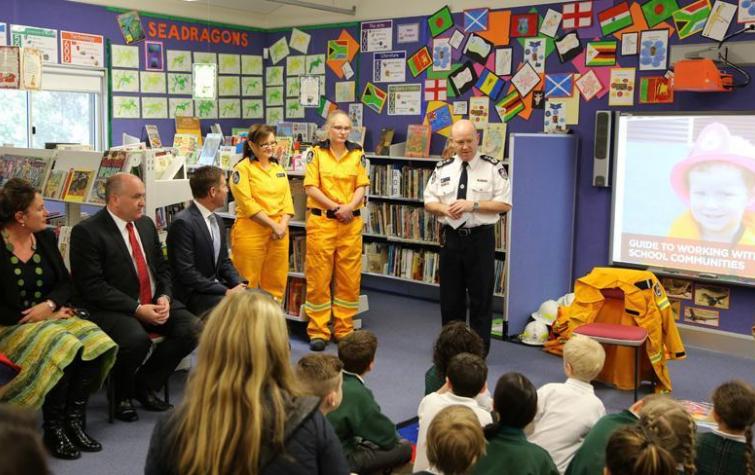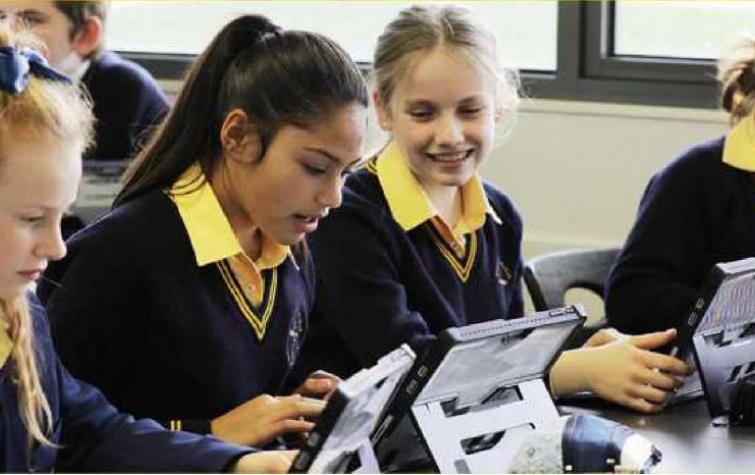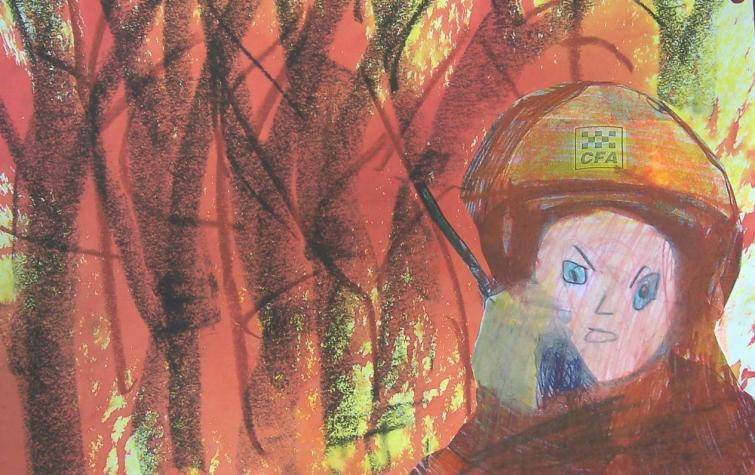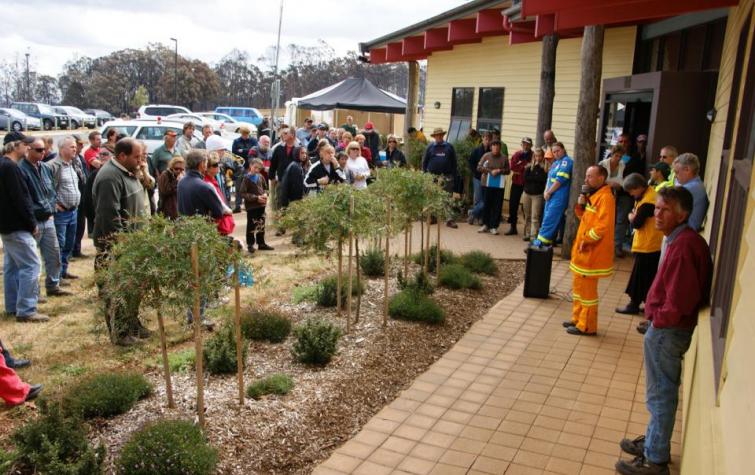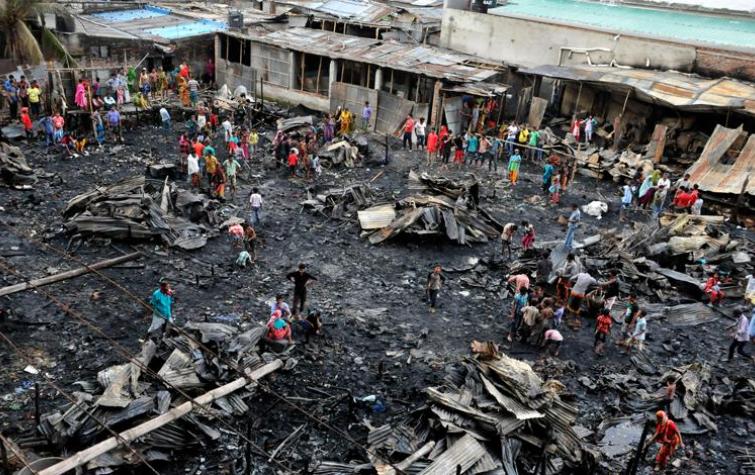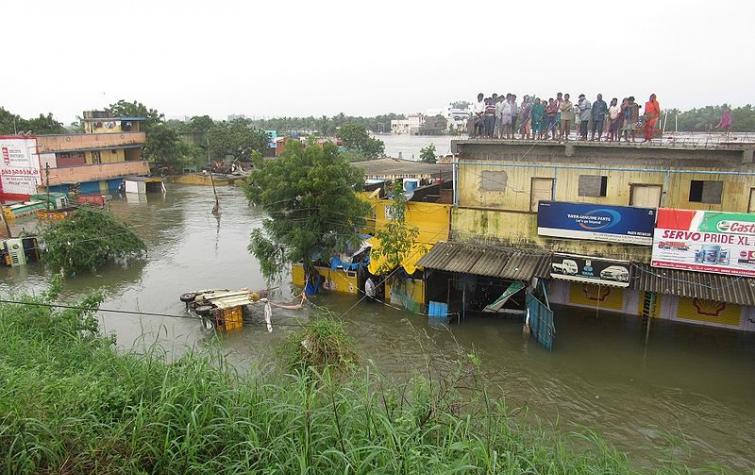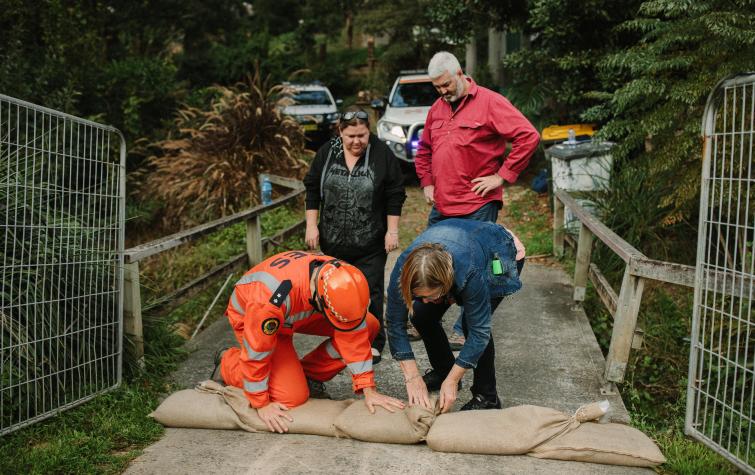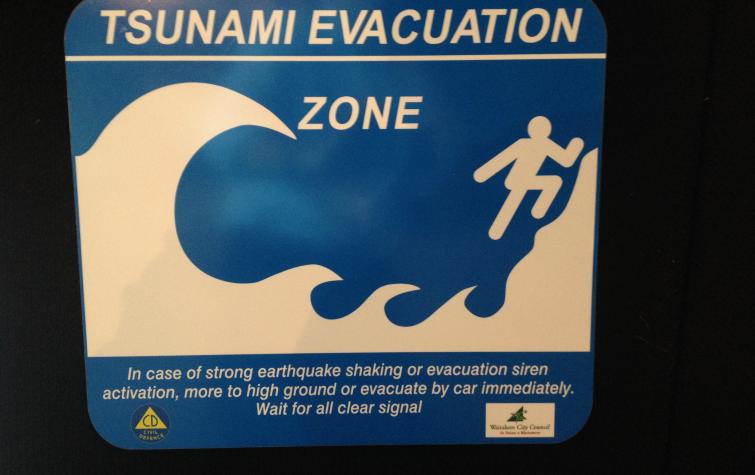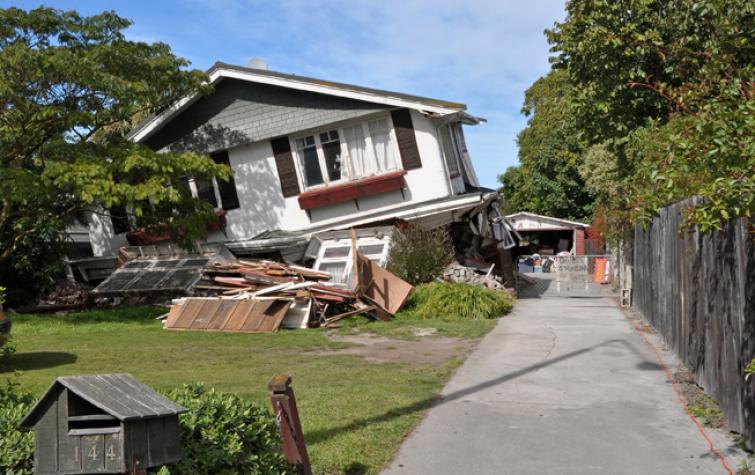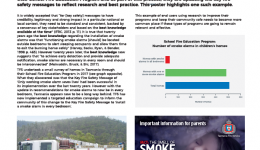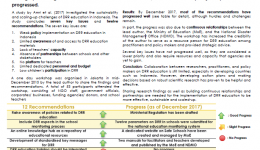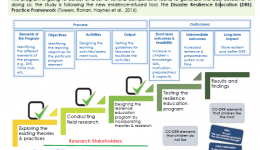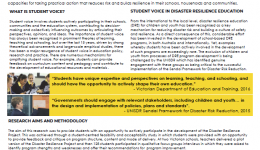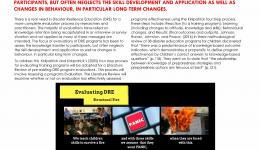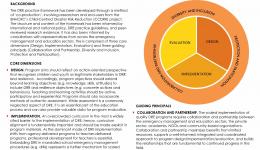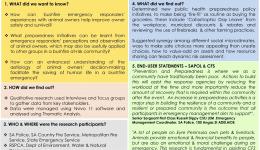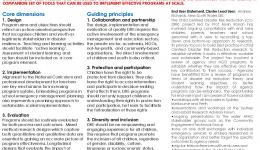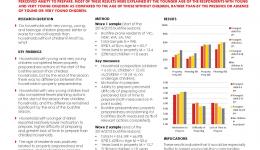Kevin R. Ronan, BA (Univ of Minnesota), MA, PhD (Temple University)
Professor Kevin Ronan is Foundation Professor in Psychology and Chair in Clinical Psychology, School of Health, Human and Social Sciences at CQUniversity Australia. He is also Chair of the Disaster Reference Group of the Australian Psychological Society. Kevin as a clinical psychologist who specialises in hazards and disasters, problems of youth and families (e.g., effects of disasters including trauma; conduct disorder; anxiety disorders; child maltreatment), schizophrenia, and program outcome evaluation.
He is senior author of a book called “Promoting Community Resilience to Disasters: The Role for Schools, Youth, and Families” (2005, Springer, New York). As the title of this book would indicate, and along with many colleagues, one major part of his research program has focused on the role of youth, families, schools and other community networks in promoting community prevention and preparedness for disasters. At the National Summit for Youth Preparedness in Washington DC in September 2010, hosted by FEMA and other US agencies linked to disaster preparedness and response, as the opening speaker to that Summit, he was referred to as a “pioneer” in this area of research and practice. He is currently involved as the coordinating lead author, commissioned by the United Nations, of a Background Paper related to the 2015 Global Assessment Review led by the United Nations International Strategy for Disaster Reducation (UNISDR). Over two decades in this area, he has many publications in different outlets (e.g., journals, books, conference proceedings, trade publications), including those focused on research, practice and theory.
In addition to work in the Prevention and Preparedness phase, his practice, research and policy advocacy also continues in the Response and Recovery phases. After recent natural disasters in Australia, he has been involved with numerous psychosocial response and recovery efforts, in his role as Chair of the Australian Psychological Society’s (APS) Disaster Reference Group. This has included work through partnerships the APS has with the Australian Red Cross and the Australian Centre for Posttraumatic Mental Health. It has also included local efforts. One example is a new university psychology clinic that is part of a clinical psychology training program that he started and that offered free services for 2010-11 flood affected residents, underwritten through a partnership with a local Rotary group. Another was spending a week in Bundaberg following the 2013 floods there, coordinating and working in tandem with other psychologists and with the Australian Red Cross.
In terms of policy advocacy, he was after the 2010-11 summer of disasters in Australia part of a submission to the Australian Senate on development and implementation of early warning systems for disasters, following up that submission in August 2011 with an invitation to provide evidence to the Senate. This appearance included providing research-supported answers to questions alongside advocacy for evidence-based policy development in this critical area. Another more recent submission in 2013 with colleagues from the APS addressed issues related to preparedness for extreme weather events.
Finally, in addition to work in the disaster area, he also continues work in core clinical psychology areas. This includes programmatic research in treatment outcome evaluation. For example, he and his team at CQUniversity are now in the fifth year of a 5 year randomized controlled trial (RCT) for a new intervention for conduct disorder and youth offending, with the pilot study findings demonstrating a significant increase in prosocial behaviour, more cohesive family functioning, and, importantly, significantly reduced delinquent and offending behaviours as reported by the youth, by parents and through official offending data sources. One other area worth mention is he has developed and evaluated interventions for anxiety and trauma in children, youth, and families, including interventions following disaster and other traumatic events. He is co-author of a 2010 book on a cognitive-behavioural intervention for trauma in relation to child and youth maltreatment.
Blog posts on Views & Visions
| Post | Date | Key Topics |
|---|---|---|
| In good shape but more to do | 12 Jan 2016 | child-centred, decision making, multi-hazard |
| Risk reduction in Sendai | 14 Apr 2015 | child-centred, education, resilience |
| Strengthening our UN ties | 11 Dec 2014 | child-centred, education, resilience |
| Our preparation for a world conference | 22 Aug 2014 | risk analysis, risk management |
Supervisory roles
Research team
| Type | Project | Research team |
|---|---|---|
| CRC Core Project | Child-centred disaster risk reduction | khaynes, kronan, sdavie, mpetal, nireland, jhandmer, djohnston, Annette Gough, Belinda Davis, ealisic |




